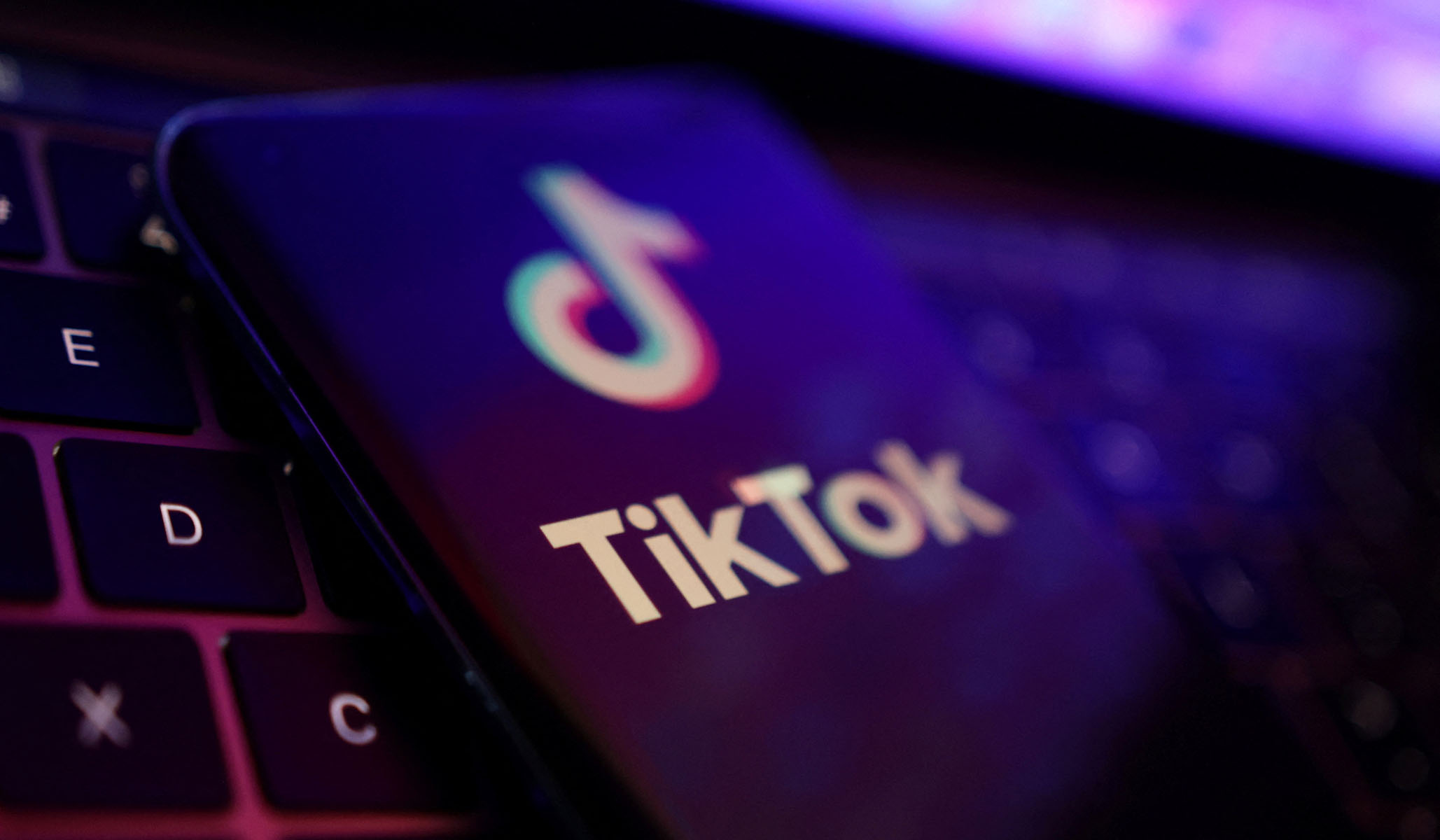


There’s no pretending that the social-media app TikTok is anything other than a threat to U.S. national security.
In December of last year, FBI director Chris Wray expressed alarm over the widespread adoption of the video-sharing application that allows the Chinese Communist Party to “manipulate content” and “use it for influence operations.” Last week, Wray expanded on his warning. “This is a tool that is ultimately within the control of the Chinese government,” he said, adding that “it screams out with national security concerns.”
American lawmakers from both parties have heeded Wray’s warning. Before the end of 2022, 16 Republican governors had banned the Chinese-owned application from government-issued devices, citing the threat it poses to information security. Since the beginning of this year, Democrat-led states like Wisconsin, New Jersey, Maine, and Pennsylvania instituted similar prohibitions. Well over half the states in the Union have banned the application from devices used by all or some state agencies. Even the Biden White House has indicated that the president would sign a bill working its way through Congress that would provide the president authority to ban TikTok entirely if the administration determined that it presents a national-security risk.
It’s safe to say that a broad consensus has formed around the risks posed by the ubiquity of a Chinese spyware application on American mobile devices. The growing momentum toward an all-out ban on the service has not yet overcome what may be the biggest obstacle before reformers: Democratic political priorities.
“A major unspoken problem for the president, according to political strategists, is that trying to force an outright ban on TikTok,” the Wall Street Journal reported on Monday, “would sacrifice what is emerging as a vital campaign asset for Democrats with the 2024 election season looming.”
The Journal observed that users of this malicious application skew younger, and younger voters “typically favor Democrats by wide margins.” One unnamed Democratic consultant said it would be “politically insane” to ban TikTok and still expect to “turn out young voters.” Even Commerce Secretary Gina Raimondo, whose agency would be empowered to enforce a congressionally authorized ban, confessed that political considerations give her pause. “The politician in me thinks you’re gonna literally lose every voter under 35, forever,” she recently told Bloomberg.
To these concerns, the response should be, “So what?” Maybe younger voters will resent a TikTok ban, and maybe a percentage of them will take their frustrations out on Democratic politicians. Is that sufficient inducement to shirk the responsibilities associated with providing for the national defense against a hostile foreign power? Angry kids?
It was just a few short years ago that Democratic politicians were retailing the notion that foreign influence operations aimed at undermining internal social cohesion were a grave threat to the stability of the republic. At least, they were when it was Russia doing the influencing. Now, we’re supposed to balance the national-security threat posed by apps like TikTok against Democratic strategists’ desire to post 20-second videos of politicians doing trendy dances?
Talk about “politically insane.”
